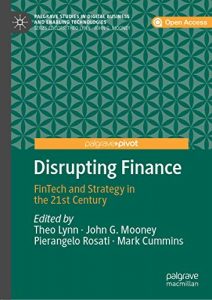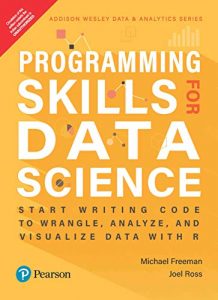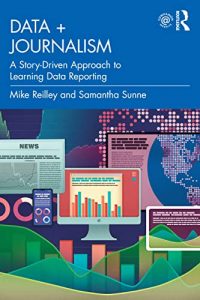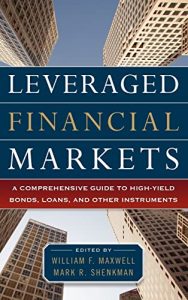Real World Economic Outlook: The Legacy of Globalization: Debt and Deflation
In this groundbreaking work, Anne Pettifor takes us on a journey through the interconnected realms of globalization and finance. The book delivers a thorough analysis of how debt and deflation impact economic structures on a global scale. With a foundational understanding of economic trends and pressing solutions, this is an essential read for anyone looking to comprehend the dynamics that shape our modern economy.
The Debt-Deflation Theory of Great Depressions
Irving Fisher’s seminal work explores the nuances of debt-deflation, a crucial concept for understanding major economic downturns. His theory elucidates the cyclical nature of credit expansion and contraction, providing profound insights into the causes behind great depressions. This book is not only a historical account but also serves as a warning for contemporary policymakers. A must-read for economists and finance enthusiasts.
Debt, Innovations, and Deflation: The Theories of Veblen, Fisher, Schumpeter, and Minsky
This thought-provoking book by J. Patrick Raines and Charles G. Leathers combines historical economic theories with modern applications. It dives deep into how innovation can redefine our understanding of debt and deflation, drawing from key theorists like Veblen and Schumpeter. Ideal for those exploring the relationship between technology and economic cycles, this book provides a comprehensive framework to approach these concepts.
Inflation Matters: Inflationary Wave Theory, its impact on inflation past and present … and the deflation yet to come
In Pete Comley’s “Inflation Matters”, readers are treated to an insightful investigation of inflationary wave theory. The author eloquently connects historical examples with current trends, demonstrating the cyclical impact of inflation and deflation. This book encourages readers to rethink inflation’s implications in today’s economy. A must-read for anyone looking to understand the past and predict the future!
Endgame: The End of the Debt Supercycle and How It Changes Everything
John Mauldin and Jonathan Tepper provide a profound perspective on the looming end of the debt supercycle in their captivating book “Endgame”. They argue that the economic boom driven by increasing debt is unsustainable and must face a reckoning. This book is essential for investors and policymakers alike, as it outlines the potential consequences and challenges the world will face moving forward.
Cycles of Inflation and Deflation: Money, Debt, and the 1990s
G. Leigh Skene’s examination of economic cycles focusing on the 1990s is a fascinating read that illustrates how inflation and deflation play critical roles in monetary policy. This book sheds light on past tours of economic prosperity and decline, which deepen our understanding of today’s financial landscape. A valuable addition for anyone studying contemporary economics.
A Brief History of Money: 4,000 Years of Markets, Currencies, Debt and Crisis
David Orrell’s engaging narrative takes us through 4,000 years of monetary history, revealing how money has evolved alongside human civilization. By understanding this historical context, readers are better equipped to comprehend modern economic challenges. This book is not just for history buffs; it is essential for anyone looking to understand how past crises influence current financial systems.
The Philosophy of Debt (Economics as Social Theory)
Alexander X. Douglas offers an intellectual exploration into the philosophy underpinning debt in society. His book questions conventional economic theories and provides fresh insights into the implications of debt as a social construct. This is a highly recommended read for anyone interested in the ethical and philosophical dimensions of economics.
High Prices and Deflation
In Edwin Walter Kemmerer’s “High Prices and Deflation”, readers gain a nuanced understanding of the delicate balance between high prices and deflationary pressures. This book is important for comprehending how price fluctuations affect economic systems. It is a significant contribution to the discourse on economic fluctuations and serves as a vital resource for students and professionals alike.












































